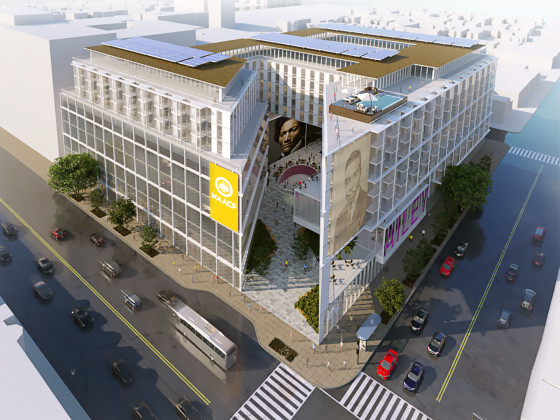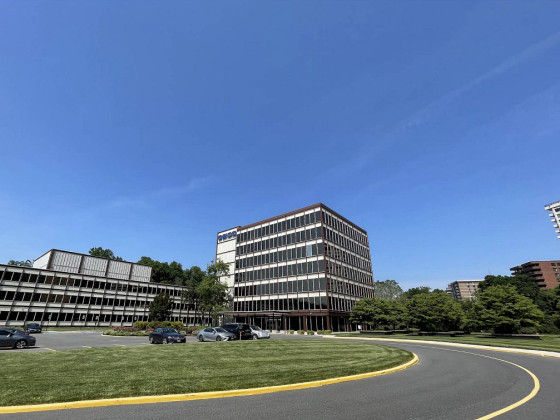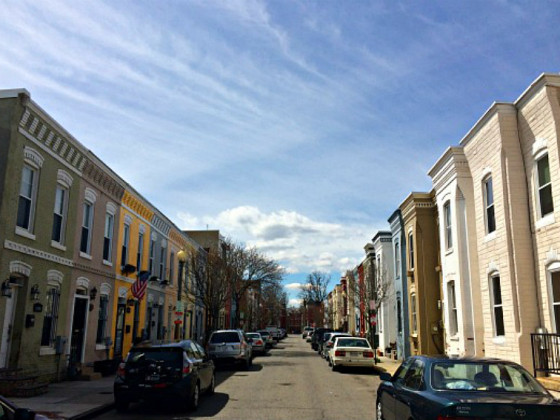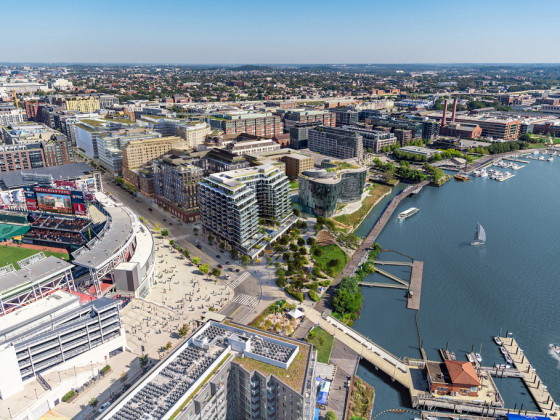What's Hot: Just Above 6%: Mortgage Rates Drop To 2022 Lows | Facebook Co-founder Lists DC Home For Sale
 The Most Impactful Legislation for DC Renters and Homeowners Passed in 2018
The Most Impactful Legislation for DC Renters and Homeowners Passed in 2018
✉️ Want to forward this article? Click here.
UrbanTurf usually avoids publishing rankings or lists…except at the end of the year, when we look back at what DC’s residential real estate scene had to offer during the previous 12 months. This week, we revisit some of the best, most intriguing and peculiar things we came across over the course of 2018. Enjoy.
For decades, DC has held a reputation as a notably tenant-friendly city. This year, the law most responsible for that reputation was significantly narrowed.
Following a year of public debate, the DC Council passed a bill in April which exempted renters of individual condo units and single-family homes from the Tenant Opportunity to Purchase Act (TOPA). Going forward, owners looking to sell their rented-out units are no longer required to provide notice to their renters, unless the renter is elderly or has disabilities.
Since TOPA was passed in 1979, DC renters have had the right to purchase the residence in which they live when the property owner decides to sell. In ideal circumstances, the law was intended to prevent displacement or otherwise unfair treatment of tenants by giving them leverage and the ability to organize and advocate for themselves.
story continues below
loading...story continues above
However, while the right of first refusal has been a successful tool used to protect older, naturally affordable multi-family housing stock, many owners of single-family properties saw the law as a thorn in their side. TOPA may have anecdotally enabled some renters to make their first home purchases, however statistically, those cases were negligible in the face of renters "extorting" payouts from homeowner-landlords and lawyers negotiating assignation rights. A study of 400 instances where renters of condos and single-family houses gave notice of their intent to exercise their TOPA rights between October 2009 and August 2015 — 19 transactions went through, and only 7 involved single-family homes.
Whether or not it was typical for renters of these single-family properties to purchase their homes via TOPA, no longer being given preferential treatment in these instances leaves many renters a little less secure in a high-demand housing market. On the other hand, it also remains to be seen whether the TOPA exemption law will make more homeowners feel secure about renting their properties out in the first place.
UrbanTurf's 2018 in Review Articles:
- The Year of the $40 Million Home
- The Best DC Legislation That Didn't Get Passed in 2018
- The Most Ambitious Transportation Plan Pitched in 2018
- The Best History of a House to Hit the Market in 2018: Where JFK Met Jackie
- The Best Listing of 2018 (For the Mere Mortal)
- The Most Peculiar Tool Used to Fight a New Development in 2018
- The Best New Apartment Amenity Coming to DC: The Trail Lobby
- The Best Use of a Vacant Triangle
- The Best Listing of 2018 (For the Well Paid Lobbyist)
- The Most Creative Responses to PUDs
See other articles related to: best of 2018
This article originally published at https://dc.urbanturf.com/articles/blog/the-most-impactful-legislation-for-renters-topa-sfh-exemption/14790.
Most Popular... This Week • Last 30 Days • Ever

Today, UrbanTurf is taking a look at the tax benefits associated with buying a home t... read »

On Thursday night, developer EYA outlined its plans at a community meeting for the 26... read »

Only a few large developments are still in the works along 14th Street, a corridor th... read »

EYA and JM Zell Partners have plans for 184 townhomes and 336 apartments spread acros... read »

Today, UrbanTurf is taking our annual look at the trajectory of home prices in the DC... read »
- A Look At The Tax Benefits of Buying a Home Through a Trust
- A First Look At Friendship Commons, The Big Plans To Redevelop Former GEICO Headquarters
- Church Street, U Street + Reeves: A Look At The 14th Street Development Pipeline
- 520 Residences Planned For Former GEICO Campus In Friendship Heights
- The 10-Year Trajectory Of DC-Area Home Prices In 4 Charts
DC Real Estate Guides
Short guides to navigating the DC-area real estate market
We've collected all our helpful guides for buying, selling and renting in and around Washington, DC in one place. Start browsing below!
First-Timer Primers
Intro guides for first-time home buyers
Unique Spaces
Awesome and unusual real estate from across the DC Metro













